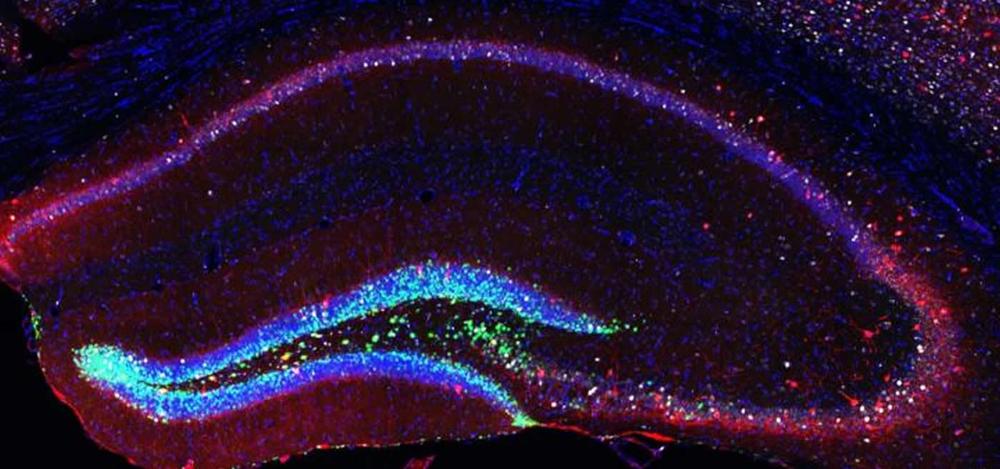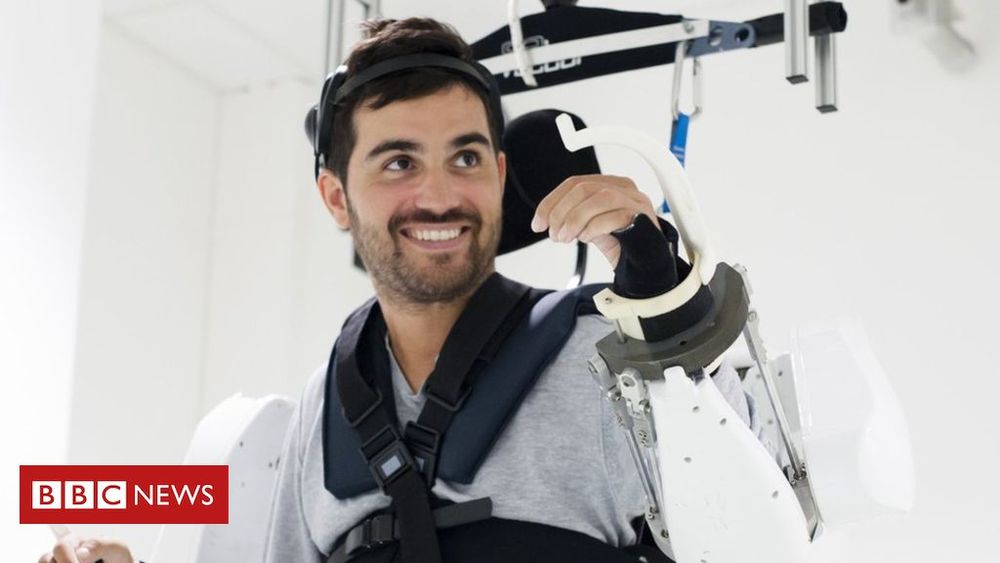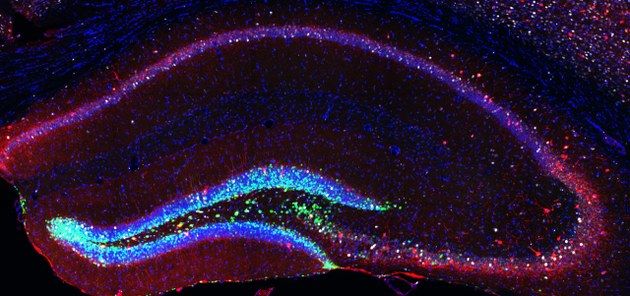Jan 11, 2020
How Drone Delivery will change the landscape of Global Logistics
Posted by Genevieve Klien in categories: biotech/medical, drones, robotics/AI
A drone is an autonomous unmanned aerial vehicle (UAV) that can be programmed for automatic routing and delivery. These come handy in delivery medicines which is easier to carry and can add value to the pharma supply chain. Drone helps to deliver to places with the high expense involved or poor infrastructure and thereby plays a significant role in last-mile delivery.
The pace with which they are now being used for delivery, even Amazon is experimenting with the delivery mechanism offered by drone as its logistics and transport market is forecast to grow 20% in coming times.

















